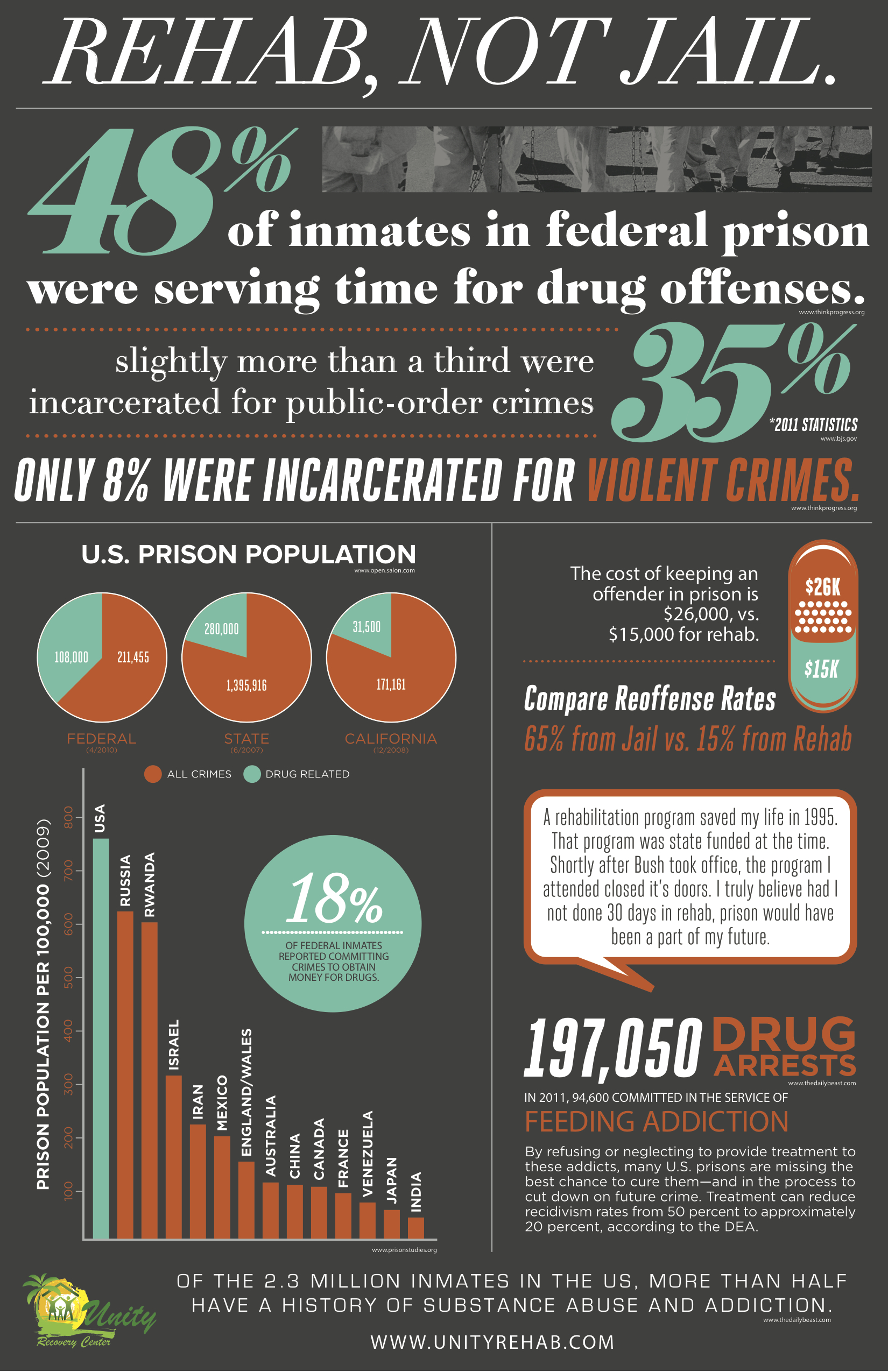Recognizing How To Help Your Enjoyed One Previously, Throughout, And After Drug Rehabilitation Can Transform Their Recovery Journey-- Figure Out The Necessary Actions To Take
Recognizing How To Help Your Enjoyed One Previously, Throughout, And After Drug Rehabilitation Can Transform Their Recovery Journey-- Figure Out The Necessary Actions To Take
Blog Article
Content Develop By-Cardenas Duggan
Supporting an enjoyed one via drug rehab can be tough, but it's vital for their healing. You need to understand the process and be prepared for the psychological ups and downs. It starts with laying a strong structure before therapy and continues through their time in rehab and beyond. How you browse this trip can make all the difference in their healing and your connection. Allow's explore exactly how to properly provide that assistance.
Getting ready for Rehabilitation: Laying the Groundwork for Assistance
Before your loved one goes into rehabilitation, it's essential to prepare yourself and your support network to ensure they obtain the best treatment possible. Begin by educating yourself regarding dependency, therapy choices, and the rehabilitation process.
Understand the obstacles they'll encounter and the importance of a helpful atmosphere. Gather a team of loved ones that can offer motivation and share responsibilities during this moment.
Develop open lines of interaction with your loved one; let them know they can depend on you. Set boundaries to protect your own health while being there for them.
Last but not least, think about looking for specialist support on your own to navigate this psychological journey. Laying this groundwork will help produce a solid structure for their healing.
Providing Support Throughout Therapy: Staying Attached
Remaining gotten in touch with your enjoyed one during their rehab trip is vital, as it enhances their support system and helps them really feel less isolated. Normal interaction is crucial; send out uplifting messages or make brief phone calls to remind them you care.
Be patient and understanding, as they may be active with treatment or feeling mentally drained pipes.
Consider scheduling gos to, if allowed, to show your assistance personally. Bring a favorable perspective and pay attention proactively, enabling them to share their thoughts and feelings.
Motivate them to express their challenges and triumphes without judgment. Your constant presence throughout this time around can encourage them to stay dedicated to their recuperation and advise them they're not alone in this trip.
Navigating Life After Rehabilitation: Proceeding the Journey With Each Other
As your loved one transitions back right into everyday life after rehabilitation, it's important to remain actively involved in their recovery journey.
Encourage open communication by checking in on a regular basis and developing a risk-free space for them to share their sensations. Help them establish a daily routine that consists of healthy practices, such as workout and well balanced dishes.
Attend support system with each other, which can strengthen their commitment and offer a feeling of area.
Hold https://telegra.ph/Directing-Your-Trip-Via-Alcohol-Rehabilitation-Key-Methods-For-Reliable-Recuperation-04-21 and understand that troubles may occur; deal peace of mind and advise them of their progress.
link web site , despite exactly how little, to boost their confidence.
Final thought
Supporting a loved one with their rehabilitation journey is vital for their recovery. By preparing prior to treatment, staying attached during their time in rehab, and being there for them afterward, you can help them browse the obstacles they face. Bear in mind to focus on open interaction and self-care, also. Your motivation and understanding can make a significant difference in their recovery procedure. Together, you can build a brighter future and foster long-term favorable modification in their life.
